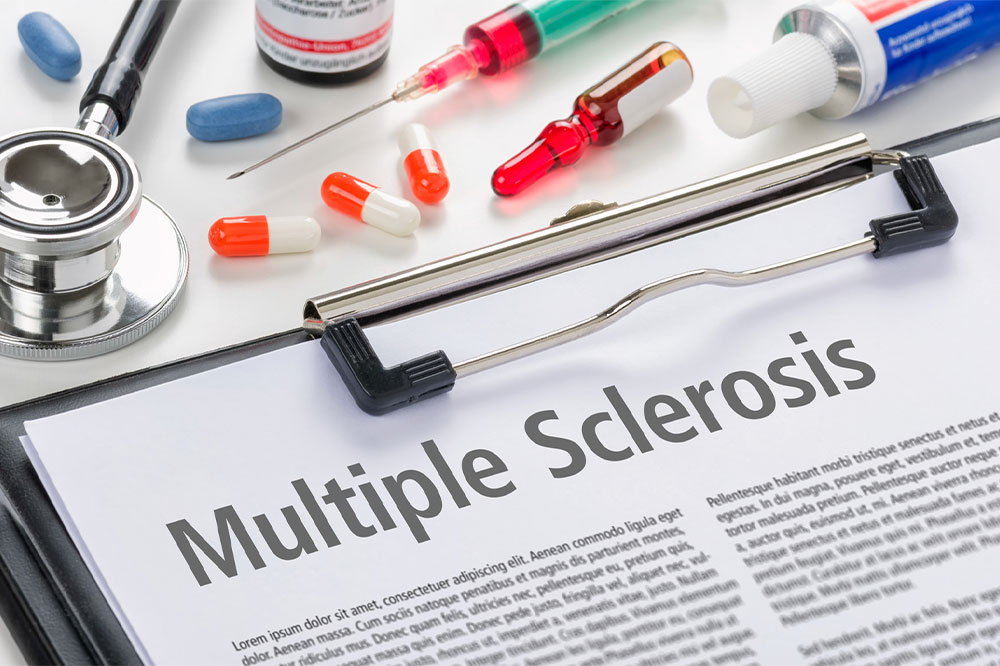Managing Diet and Exercise for Multiple Sclerosis Patients
This guide offers essential insights on diet and exercise strategies for managing multiple sclerosis. Emphasizing a balanced diet rich in fruits, vegetables, and lean proteins, along with water-based activities, can improve quality of life. The article clarifies common misconceptions about special diets and highlights the importance of personalized physical activity to maintain health and confidence in MS patients.
Sponsored

Multiple sclerosis is an autoimmune disorder where the immune system mistakenly attacks healthy nerve tissues. Although the exact cause remains unknown, factors like genetics and environment are believed to play roles. MS symptoms tend to fluctuate, with periods of flare-ups and remission. While there is no cure, medications can help manage symptoms and slow disease progression. Proper nutrition and physical activity are vital components of managing MS. A balanced diet emphasizing fruits, vegetables, nuts, whole grains, and lean proteins is recommended, avoiding saturated and trans fats. No scientifically proven special diets or supplements, such as gluten-free, Paleo, or fish oils, have shown consistent benefits. Regular exercise tailored to individual capacity is beneficial; activities like household chores or gardening are suitable if enjoyed. Water-based exercises are especially advantageous since they reduce joint stress, improve muscle strength, and enhance balance, promoting overall well-being and confidence in MS management.






